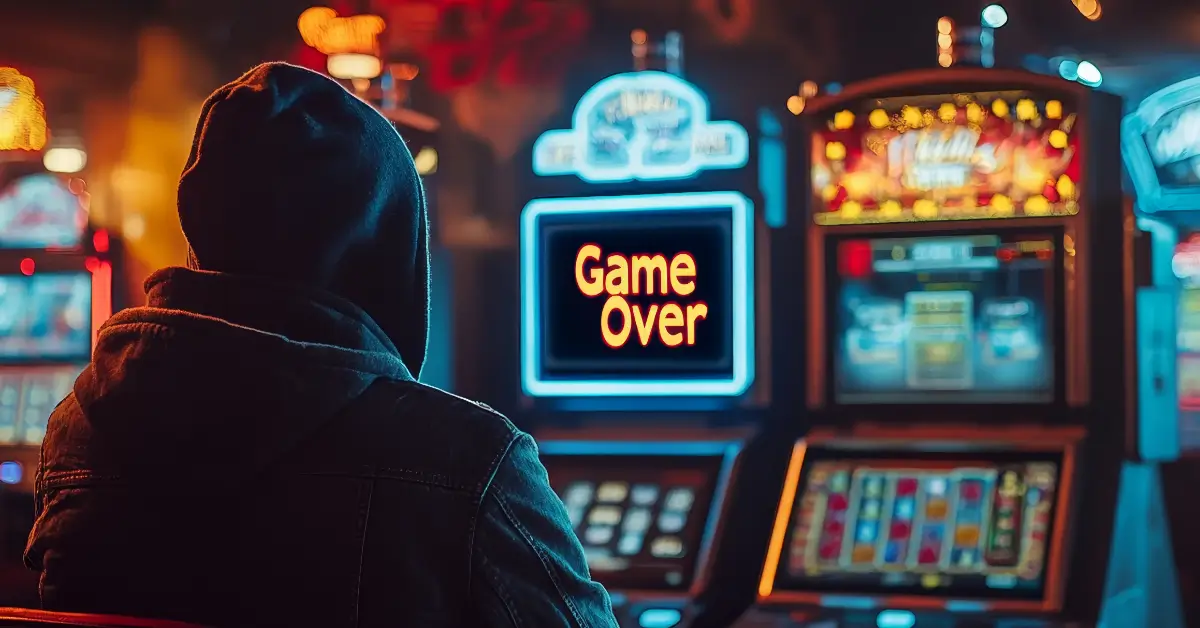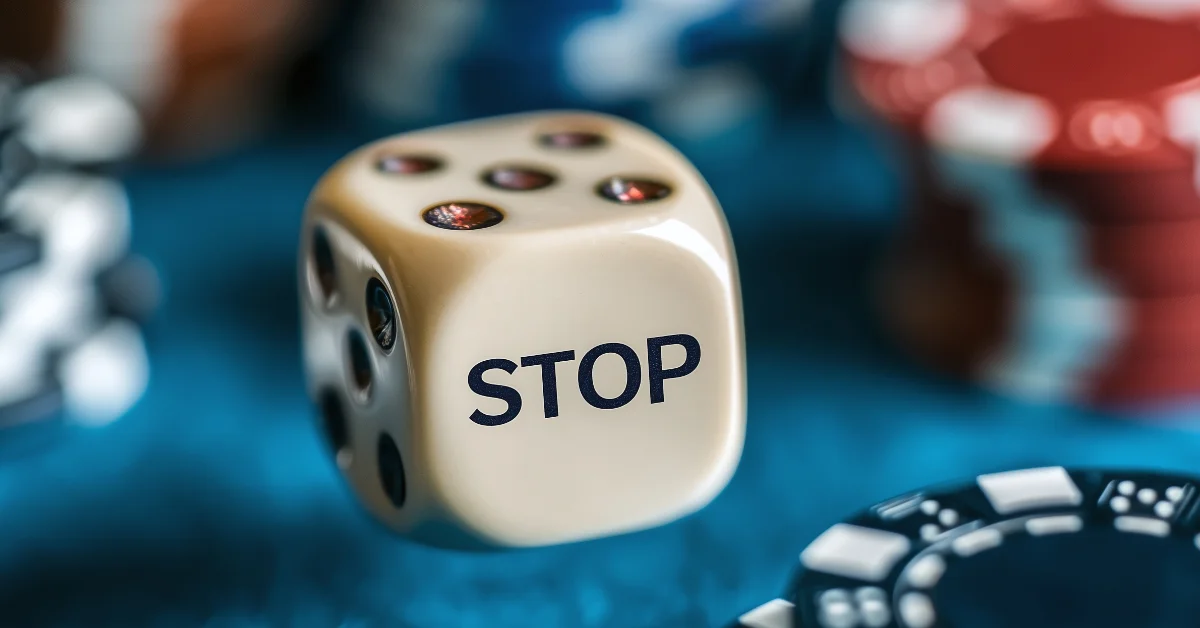How to Audit a Casino’s RNG As a Player
Online casinos use a tool called a Random Number Generator to produce the outcomes of games. It sounds mysterious and maybe even a little suspicious, right?
But really, it’s a reliable technology that, when used fairly, generates unpredictable results. However, the truth is that they can potentially be manipulated, and unfortunately, there are some shady sites in the online gambling world.
How can you tell if a casino’s RNG is legit or rigged? I’m going to share the methods you can use and how to identify red flags. Let’s get right into it.
What Is an RNG and Can They Be Rigged?
An RNG is either a piece of hardware or a software algorithm that churns out random numbers. It’s a standard technology in casino games like slots, video poker, table games, and scratch cards.
For each spin of the reels or hand dealt in blackjack, the generator pulls a number out of the blue, determining the outcomes.
The hardware version, known as a True Random Number Generator (TRNG), generates numbers using physical events like radioactive decay, thermal noise, or airwave static.
The software-based version, also called a Pseudo Random Number Generator (PRNG), uses an algorithm to generate a “seed” or starting value. From there, the tool can produce numbers that mimic randomness.
Most online casinos use PRNGs because they’re cheaper and easier to run. Since they use a mathematical approach, they’re not completely unpredictable like TRNGs, which use chaotic events. However, they’re almost indistinguishable in their entropy if they’re not tampered with.
How does tampering happen? If a site is dishonest and controls the PRNG and the seed, it’s possible to skew the results. Luckily, most licensed casinos have to jump through a lot of regulatory hoops that guarantee they’re using legitimate practices.
How RNGs Are Typically Audited
Licensed online casinos are generally required to submit to an RNG audit. Trusted governing bodies like the Malta Gaming Authority and the UK Gambling Commission require an RNG certification to even get a license.
Independent companies like eCogra, iTech Labs, and Gaming Labs International perform complex statistical tests to verify that RNGs function fairly. They also evaluate the handling of seed values and security to ensure it’s safe from tampering.
What You Can Do to Verify RNG Fairness
Unless you’re a software engineer with an extensive background in statistics, a full RNG audit will be out of your depth. But that’s ok. You can take other steps to determine if an RNG is fair.
Check for License
First, you should check to see if a reputable regulatory body has licensed a gambling site. The most trustworthy licenses come from strict authorities like the UK Gambling Commission, the Malta Gaming Authority, Kahnawake, and the Isle of Man Gambling Supervision Commission.
It’s an open secret that other authorities like Curaçao and Panama are cheaper licensing options with somewhat looser standards.
While a license from these places doesn’t necessarily mean a site is a scam, it is something to consider.
RNG Certification and Reports
Look for RNG certification from an independent testing agency like eCogra or iTech Labs. It’s a crucial step if a casino is licensed somewhere less reputable, like the countries I mentioned above.
Heads up, sometimes this information is hard to find. It can be buried in the footer, the FAQs, or the terms and conditions. It doesn’t hurt to ask customer support, either.
Some sites also publish their RNG audits. If they do, it’s a great sign that they’re trustworthy, and transparency is always a plus.
Use RNG Testing Tools
For the technically inclined, there are several tools you can use to test Random Number Generators. Two popular options are Dieharder and Owlet.
They both perform numerous statistical tests, some of which are used by the National Institute of Standards and Technology, one of the US’s oldest physical science laboratories.
You should know they’re not a 100% substitute for the in-depth testing provided by professional third-party companies. They can be hard to understand without knowing how to interpret the results.
And unless you test them over a long period of time, they might not be super accurate.
Player Reviews and Forums
Reading online casino reviews or forums like Reddit is a great place to get unbiased feedback about an online casino’s fairness.
If a site has tons of negative comments about it, you probably want to watch out. It’s a big warning sign when the same issues come up again and again.
However, be careful not to take every comment at face value. Sometimes, players are simply angry that they lost, and that doesn’t always mean the casino is rigging its games.
You just have to read between the lines.
Identifying Red Flags
Here are some red flags that can let you know a casino’s RNG isn’t fair. If you discover one or more of the following things, you should run in the other direction.
- There is no mention or evidence of being audited by a third-party company.
- Certifications are outdated or unverifiable.
- If a site doesn’t have a license or has one from a questionable authority.
- There are lots of player complaints, negative reviews, and unresolved issues.
- You never seem to win, even after some time.
Button Line: Research and Trust Your Gut
You don’t have to be a mathematical genius to determine if an online casino’s RNG is fair. A little research is your best weapon. Look for a legitimate license, RNG certification, and positive feedback from other gamblers.
When in doubt, trust your instincts. There’s no point in wasting your time or money on a site that feels shady when there are a vast number of other online casinos with safe practices.



